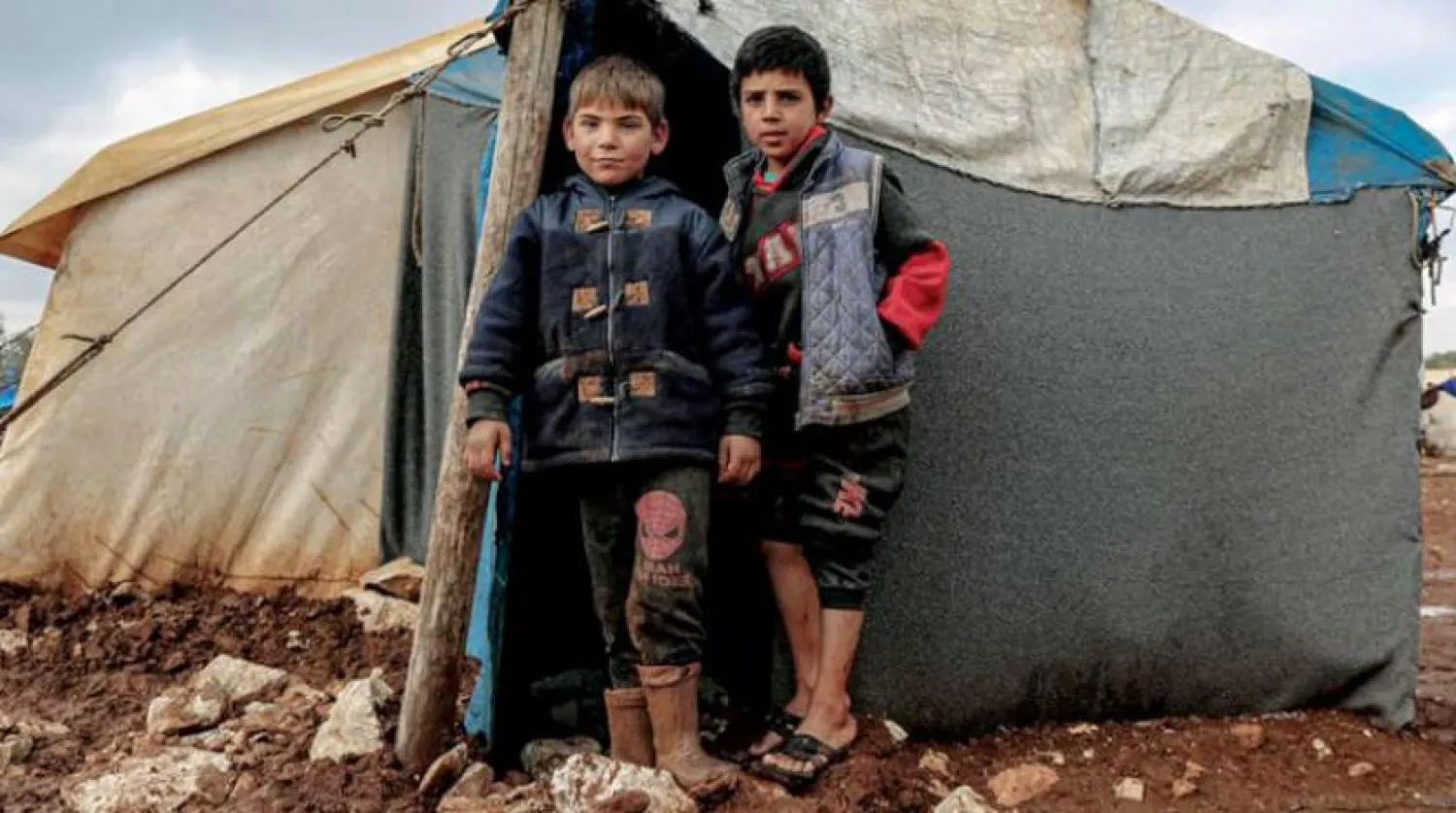United Nations Secretary-General Antonio Guterres presented on Monday “stark figures” on millions of Syrians who are in dire need for humanitarian aid.
This came in his remarks to the UN Security Council in New York on the humanitarian situation in Syria.
He said 90% of the population live below the poverty line. “People are living on the brink, no longer able to cope,” he stressed.
He urged the international community to help communities to build resilience, and create conditions to facilitate the voluntary, safe and dignified return of refugees and displaced people.
He further underscored the importance of maintaining and expanding access, including through cross-line and cross-border operations.
“When it comes to delivering life-saving aid to people in need across Syria, all channels should be made, and kept, available.”
His comments were in reference to resolution 2585 (2021), which allows aid deliveries across the Syrian-Turkish border at Bab al-Hawa and is set to expire on July 10.
“I strongly appeal to the members of the Council to maintain consensus on allowing cross-border operations, by renewing resolution 2585 for an additional 12 months,” Guterres stressed, in light of fears that Russia may refuse to renew this mandate.
Despite the incredibly challenging operating environment, the UN has delivered aid across the front lines into the north-west.
Five cross-line convoys have now provided life-saving assistance to tens of thousands of people in need, and efforts continue every day, Guterres stated, anticipating more cross-line convoys to follow.
“We have also taken full advantage of the cross-border authorization to save lives. Hundreds of trucks now cross from Turkey every month. Since cross-border aid was authorized in 2014, over 50,000 trucks have crossed into Syria to provide assistance to those in need.”
The UN cross-border operation into Syria is one of the most heavily scrutinized and monitored aid operations in the world.
The humanitarian situation in Syria remains dire for millions of children, women and men across the country, Guterres affirmed, noting that needs are at their highest since the start of the war over 11 years ago.
He warned that the world’s largest refugee crisis continues to impact the region and the world.
Guterres said he issued another report on the humanitarian situation in Syria, which states that 14.6 million people need humanitarian assistance and 12 million people are food insecure and unsure where their next meal is coming from.
He pointed out that the infrastructure is crumbling, destroyed by years of conflict, and the economic activity halved during a decade of conflict, regional financial crises, sanctions and the COVID-19 pandemic.
“Our current humanitarian appeal requires $4.4 billion to assist people inside Syria and another $5.6 billion to support refugees in the region.”
“We have made great strides in scaling up the response, but more is needed,” he said, stressing that the generous pledges made at the Brussels VI donor conference need to be paid. He appealed to donors to follow through and increase their support.
He further warned that needs in the north-west of Syria continue to increase, as 2.8 million people, mostly women and children, are displaced.
Many live in camps or informal settlements, and more than 90% of people in the north-west need aid.
Guterres underlined the importance of showing the courage and determination to do all that is necessary to reach a negotiated political solution in line with Security Council resolution 2254 (2015).
He urged all members of the Council to do everything in their power to encourage the parties to engage in meaningful negotiations for peace.









